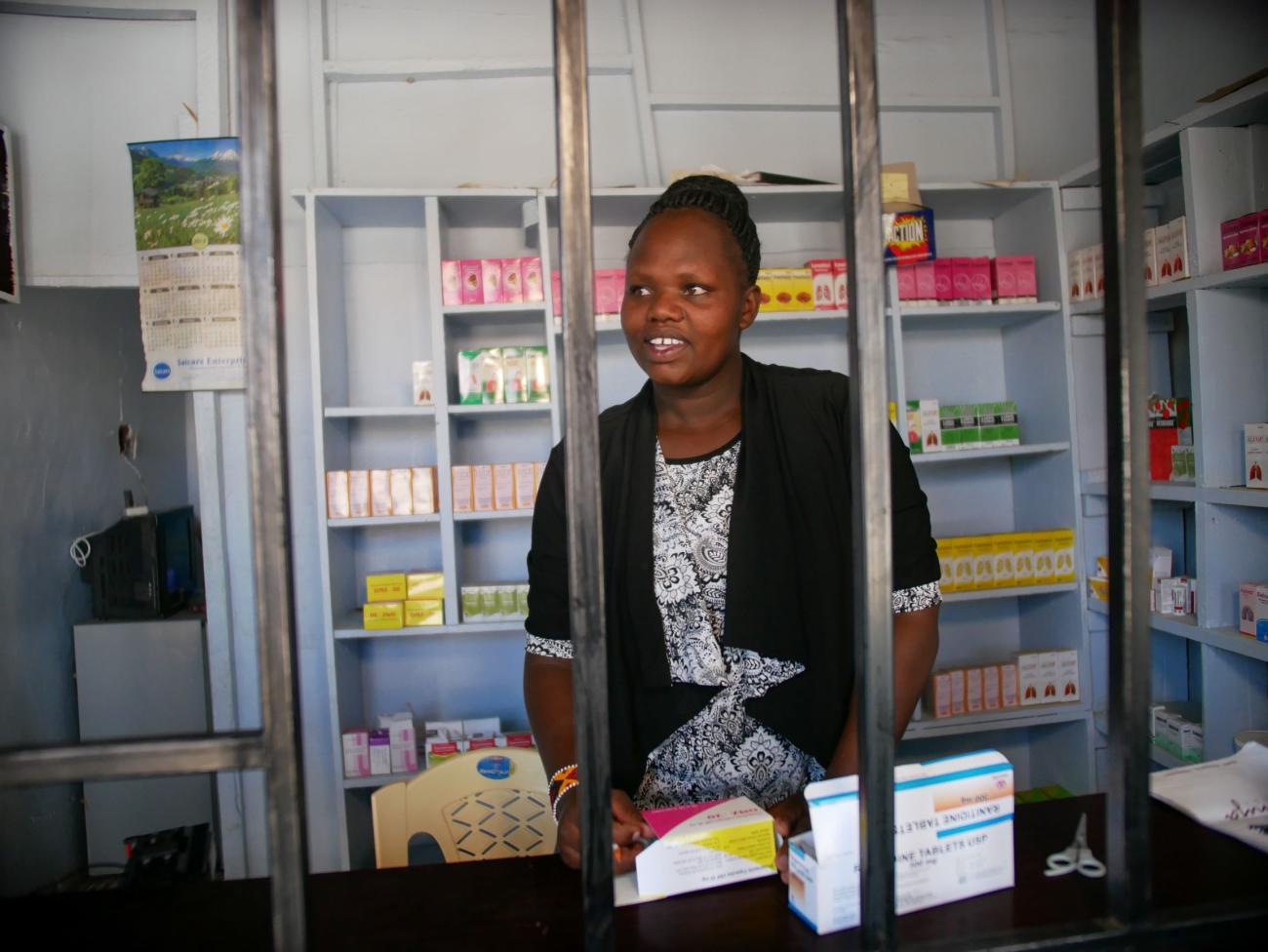Private sector can help Kenya’s momentum towards SDGs

If Africa is to make considerable headway towards the SDGs is to engage in partnerships with the private sector
COVID-19 pandemic is emerging to be the biggest challenge of our generation. What began as a health crisis has become an unprecedented global emergency threatening lives and livelihoods across the globe. The Capacity of the Government to respond is being tested, especially in developing nations. In the 2030 Agenda for Sustainable Development, the private sector will play an integral role in achieving the SDGs, and the key to this is how private and public sectors better contribute to development processes.
If Africa is to make considerable headway towards the Goals in the remaining decade, an urgent shift is required. One of the ways is to engage in partnerships with the private sector. Africa is already a major catalyst for innovation-led growth and economic development. Companies across the continent are developing inventions or new applications of technical knowledge, adopting existing technologies from other countries wholesale or modifying existing technologies to make them commercially viable in African markets.
These innovations are not just commercially viable, but in many countries also meet development needs, addressing both private and social objectives. An example of this is the innovative six-county public-private partnership in Kenya that has achieved great results in stemming maternal and child mortality in the most severely affected parts of the country. This initiative by the counties working with government, development agencies, and six private partners is demonstrating that generating a profit and doing good are not mutually exclusive.
The COVID-19 pandemic has given the need for business-unusual in the journey to the SDGs new impetus. Africa is reeling from the massive health and economic impact of the coronavirus and most gains already made are in real danger of being obliterated. For business, it is clear that they too cannot thrive in a society without proper social safety nets.
In such fluid circumstances, the SDGs must be seen as a mutually convenient framework for sustainability and development efforts that appeal to the business world and assure the resilience of communities.
This is one of the objectives of the SDG Partnership Platform being coordinated by UN in Kenya. The Platform convenes a range of partners from Government, UN, development partners, private sector, civil society, philanthropy, academia, and faith-based organizations to create diverse SDG accelerator windows.
With Primary Healthcare as the first window, the Platform is working to unlock significant private-public collaborations and investments around transformative initiatives in support of Kenya’s Big Four agenda.
An illustration of how Kenya is working to leverage on the innovation, agility and creativity of the private sector to meet current development priorities is pact signed in 2019 between the Government of Kenya, the Center for Effective Global Action (CEGA) at the University of California, Berkeley, the Rockefeller Foundation, and the United Nations. This initiative will build technology-intensive partnerships that bring new financing, data, and innovations into Kenya’s Big Four Agenda. The collaboration will be implemented through Kenya’s SDG Accelerator Lab — a Government-UN platform for developing, testing, and scaling novel approaches to development.
It is clear that businesses are already redefining their role in society, aiming to be in sync with changing expectations from society and to go beyond short-term profits. The SDGs provide a framework for meeting both commercial objectives and development goals such as reducing poverty.



